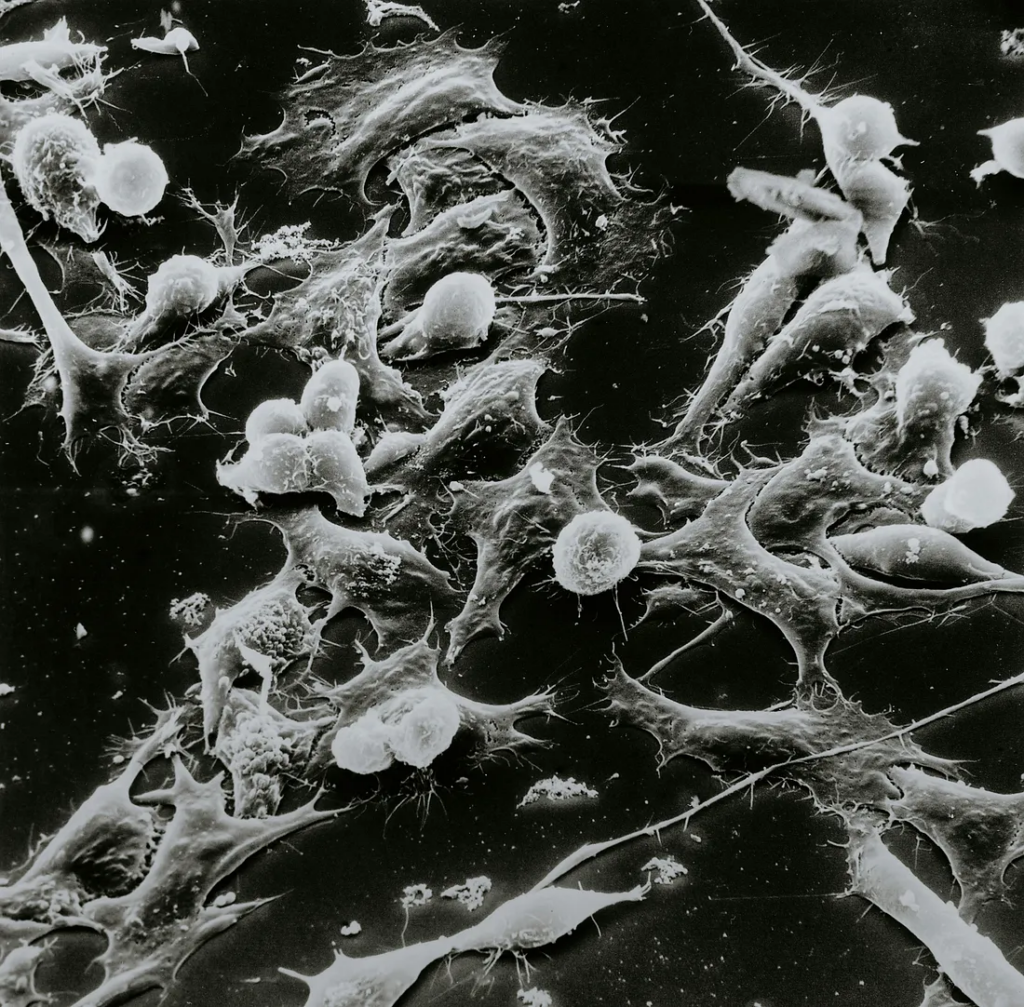
Cancer. The word alone is enough to evoke a cocktail of emotions — fear, hope, frustration, determination. It’s the illness we’ve been battling for decades, pouring billions into research, treatments, and clinical trials. And while we’ve made impressive strides, for many people affected, it still feels like we’re fighting shadows.
One of the big questions making rounds in the scientific community today is whether cellular biology — understanding the intricate and seemingly magical mechanics of our cells — is really the golden ticket to curing cancer or just another wild goose chase. So, let’s get into it.
The Biology Basics (Without Putting You to Sleep)
Cellular biology is all about studying the tiny, bustling cities inside us: cells. These microscopic units are like factory floors, pumping out proteins, processing waste, managing energy, and a whole lot more. They’re the building blocks of life, orchestrating every biological process we undergo.
But sometimes, things go haywire. Think of a factory suddenly doubling production, refusing to shut down, and cranking out faulty products. That’s basically what happens when cells become cancerous: they divide uncontrollably, overriding the usual “stop” signals, creating tumors, and sometimes even spreading.
But, unlike the simple factory example, cells are vastly more complex. Scientists believe if we can just understand why cells malfunction in the first place, we could potentially reverse or halt the process.
Cellular biology, then, is a deep dive into understanding not just cancer cells but all the processes that allow cells to be…well, cells. With each passing year, we’re unraveling new secrets about cellular pathways, genetic mutations, and microenvironments.
Are We Any Closer, Though?
Despite the enormous effort, cancer continues to be an elusive beast. The challenge is that cancer isn’t just one disease — it’s a whole collection of diseases, each unique, like a fingerprint. What works to stop breast cancer might not make a dent in leukemia.
What kills off a liver tumor could make a lung cancer worse. Each type involves different cellular pathways, mutations, and behavior patterns. Tackling cancer through cellular biology means studying all these variations in mind-boggling detail.
On the plus side, this detailed cellular approach has brought us innovative treatments like targeted therapies and immunotherapies, which have shown promising results.
Targeted therapy, for instance, zeroes in on the specific genetic mutations that cause certain cancers, while immunotherapy teaches the immune system to seek and destroy cancer cells. It’s like upgrading from a one-size-fits-all magic potion to personalized medicine with an edge.
So Why Isn’t Cancer “Cured” Yet?
Imagine trying to play a video game, but every time you learn the rules, they change. That’s the reality scientists face. Cancer cells are incredibly adaptable. They can learn to evade immune attacks, shrug off chemotherapy, and evolve resistance to treatment faster than we can develop new drugs.
And here’s where it gets even trickier: cancer isn’t just about the cell itself; it’s about the microenvironment too. The surroundings of a cell — neighboring cells, blood vessels, extracellular matrices — play a massive role in either keeping it stable or turning it rogue.
But cellular biology isn’t ready to throw in the towel yet. Recent discoveries have shown us that cellular processes are even more malleable than we thought. It’s like discovering cheat codes in that pesky video game.
For instance, a new wave of research is exploring ways to “trick” cancer cells into becoming less aggressive or “re-educating” them to act more like healthy cells.
Is It Really the Key? Or Just Another Dead End?
There are two camps here: one side believes that understanding cells will unlock the ultimate cure for cancer. This group points to immunotherapy and genetic research, which have already shown significant results for some cancer types.
The other camp argues that cellular biology is too microscopic a focus and too slow-moving. They say we might get lost in the cellular minutiae and lose sight of the bigger picture, especially when cancer is also influenced by lifestyle, environment, and social factors.
But maybe the truth lies somewhere in the middle. Cellular biology could be the key — one key among many. Understanding cells in exquisite detail is essential, but we also need to zoom out occasionally, looking at how societal factors like diet, pollution, and even socioeconomic stress play into cancer risk.
Cancer is a massively complex disease that won’t yield to any single line of attack.
A Little Hope, Some Realism, and a Touch of Humility
When I think about cellular biology as the “ultimate cure,” I think of all the families — those who’ve lost loved ones and those still fighting. It’s hard to be patient when you’re in the thick of it, facing the uncertainty and emotional toll cancer brings.
Cellular biology might not be the “magic bullet,” but it has already delivered hope and will continue to play a role in how we understand, treat, and live with cancer.
We’re living in an age of rapid scientific discovery, where progress is measured in inches rather than miles. So, is cellular biology the key? Maybe. But as anyone affected by cancer can tell you, sometimes a glimmer of hope, however small, can make all the difference.
In the end, maybe it’s less about finding “the cure” and more about finding ways to make life with or after cancer a little easier, a little longer, and a little more bearable. And that’s a pretty worthy goal too.









